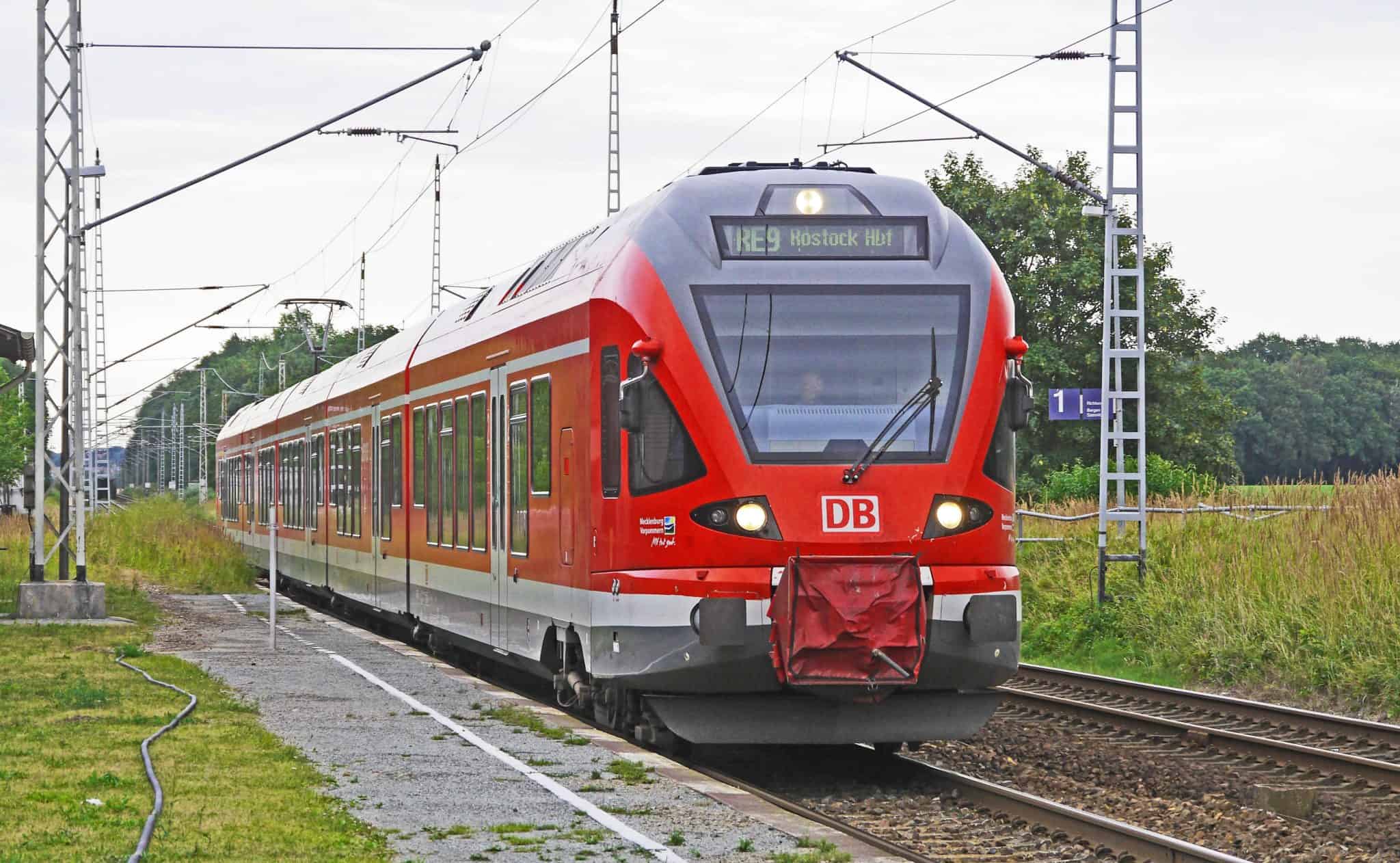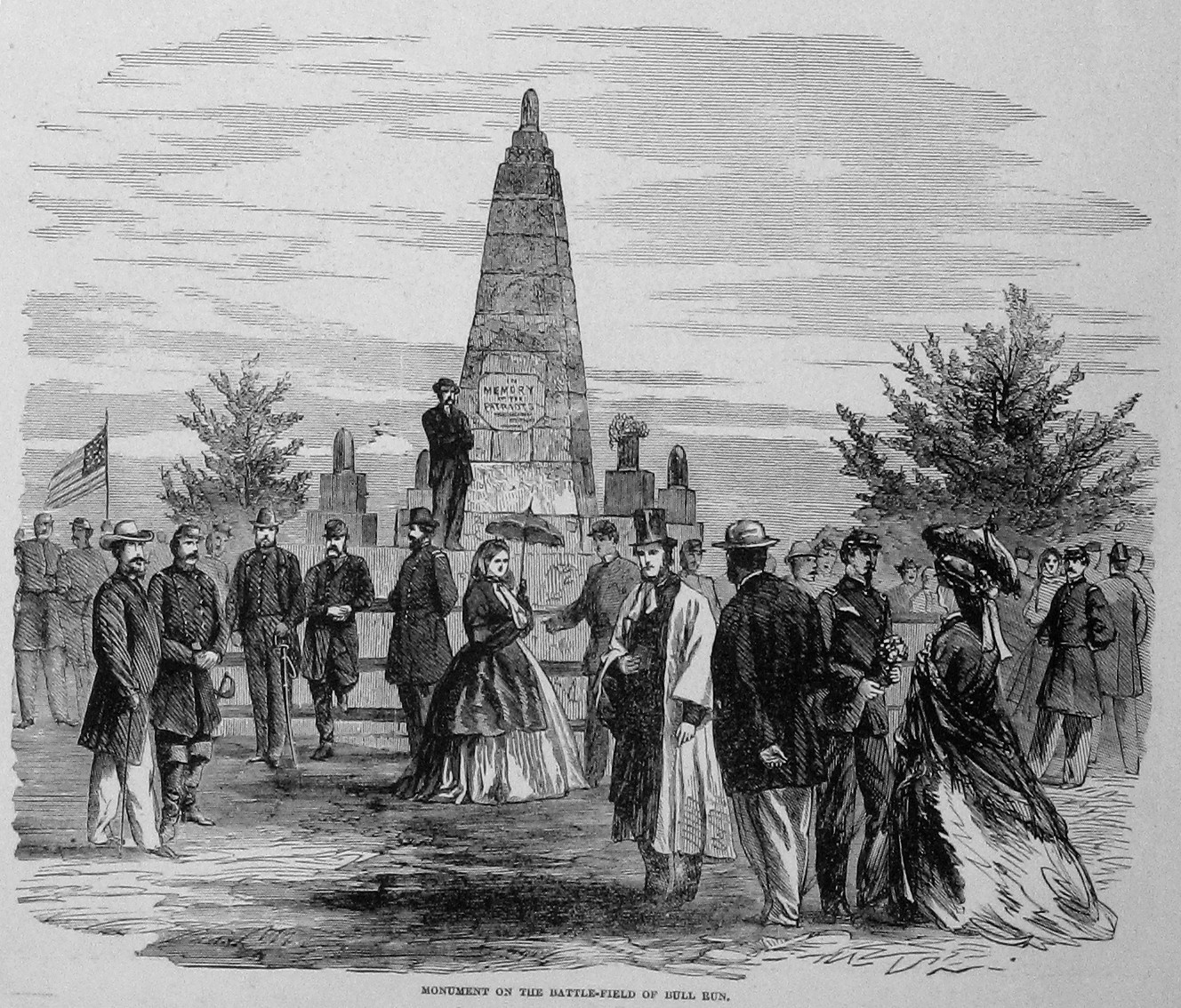Have you ever stumbled upon the phrase "run a train meaning" and wondered what it actually signifies? This intriguing expression has a rich history and versatile usage that spans different contexts, from literal interpretations to metaphorical ones. Whether you're encountering it in casual conversation, pop culture, or specialized fields, understanding its nuances can enhance your communication and comprehension skills. The phrase often sparks curiosity due to its vivid imagery and layered meanings, making it a fascinating topic of exploration.
In its most literal sense, "run a train" refers to the operation of a locomotive or railway system. Railroads have long been a cornerstone of transportation, connecting cities, facilitating trade, and shaping modern infrastructure. From the steam engines of the Industrial Revolution to the high-speed trains of today, the concept of running a train symbolizes progress, efficiency, and connectivity. However, the phrase transcends its literal roots, taking on figurative meanings that resonate across various domains, including business, relationships, and even slang.
But what happens when "run a train meaning" is used in a non-literal context? This is where the phrase becomes especially intriguing. Depending on the setting, it can imply teamwork, coordination, or even a series of sequential actions. For instance, in a business scenario, running a train might mean orchestrating a complex project with multiple moving parts. In slang, however, the phrase might take on a completely different connotation, often tied to group dynamics or collective efforts. This multifaceted nature of "run a train meaning" makes it a compelling subject to delve into, as we explore its origins, interpretations, and applications in greater detail.
Read also:Sudafed And Mucinex The Ultimate Guide To Relieve Congestion
Table of Contents
- What Does "Run a Train" Mean in Different Contexts?
- How Did the Phrase "Run a Train" Evolve Over Time?
- Why Is Running a Train So Important in Modern Society?
- Can "Run a Train Meaning" Be Interpreted Differently in Slang?
- What Are the Key Elements of Successfully Running a Train?
- How Does Running a Train Impact Economy and Trade?
- Is There a Cultural Significance to Running a Train?
- What Are the Future Prospects of Running a Train in Technology?
What Does "Run a Train" Mean in Different Contexts?
The phrase "run a train" is far from one-dimensional. Its meaning shifts depending on the context in which it is used, showcasing the versatility of language. In its most straightforward interpretation, "run a train" refers to the physical act of operating a train, a task that involves precision, coordination, and technical expertise. Train operators must navigate complex systems, adhere to schedules, and ensure passenger safety, making this literal meaning a cornerstone of transportation infrastructure.
Run a Train Meaning in Business and Teamwork
In the business world, "run a train" takes on a metaphorical twist. Here, it signifies the seamless execution of a project or process involving multiple stakeholders. Picture a team working together to meet a tight deadline—each member has a role, much like the different components of a train working in harmony. This interpretation emphasizes collaboration, efficiency, and the importance of keeping things "on track." For example, a project manager might say, "Let's run a train on this campaign," implying a coordinated effort to achieve success.
How Does Running a Train Relate to Sequential Actions?
Another layer of meaning emerges when "run a train" is used to describe a series of sequential actions. Imagine a factory assembly line where each step must be completed in order for the next to begin. This interpretation highlights the importance of timing, precision, and continuity. Here are some key characteristics of this usage:
- Sequential tasks that depend on one another.
- Emphasis on maintaining momentum and avoiding delays.
- Coordination between different teams or departments.
What About the Slang Interpretation of Run a Train?
On the flip side, "run a train" has a completely different connotation in slang. In informal settings, particularly among younger generations, the phrase can refer to group dynamics or collective actions, often with a playful or edgy tone. While the exact meaning may vary depending on the context, it generally implies a group effort or a shared experience. This usage underscores the adaptability of language and how phrases can evolve to suit cultural shifts.
How Did the Phrase "Run a Train" Evolve Over Time?
The evolution of "run a train meaning" is a fascinating journey through history, culture, and language. Originally rooted in the literal operation of trains, the phrase has undergone significant transformations, adapting to the needs and nuances of different eras. During the 19th century, the advent of railroads revolutionized transportation, and the phrase "run a train" became synonymous with progress and innovation. Railroads connected distant regions, facilitated trade, and laid the groundwork for modern infrastructure, embedding the phrase deeply into the fabric of society.
The Industrial Revolution and the Birth of "Run a Train"
The Industrial Revolution marked a turning point in the phrase's evolution. As steam engines roared to life and railways expanded across continents, "run a train" became a symbol of technological advancement. Engineers, conductors, and railway workers adopted the phrase to describe their roles in this burgeoning industry. Over time, the phrase transcended its literal meaning, entering the lexicon of everyday language. By the early 20th century, it had begun to appear in idiomatic expressions, often used to convey efficiency, coordination, and teamwork.
Read also:Mayor Of Aurora Leadership Vision And Community Impact
How Did Pop Culture Influence the Phrase's Evolution?
Pop culture played a pivotal role in reshaping "run a train meaning." Movies, music, and literature began to incorporate the phrase, often using it metaphorically to describe complex operations or group efforts. For instance, in classic Western films, the phrase was frequently used to depict the challenges and triumphs of building and operating railroads in frontier towns. Similarly, in modern music, artists have used "run a train" to convey themes of collaboration, ambition, and perseverance. These cultural references have helped the phrase maintain its relevance, ensuring its continued use in contemporary language.
Why Is Running a Train So Important in Modern Society?
Running a train remains a cornerstone of modern society, playing a vital role in transportation, commerce, and urban development. Trains are one of the most efficient and environmentally friendly modes of transportation, capable of carrying large volumes of passengers and goods over long distances. This efficiency makes them indispensable in reducing traffic congestion, lowering carbon emissions, and promoting sustainable growth. In cities around the world, subway systems and commuter trains provide essential services, connecting people to work, education, and leisure activities.
What Are the Economic Benefits of Running a Train?
The economic impact of running a train cannot be overstated. Railways facilitate the movement of goods, enabling businesses to reach broader markets and consumers to access a wider range of products. This connectivity boosts trade, stimulates economic growth, and creates jobs. For example, freight trains transport raw materials, finished goods, and agricultural products, supporting industries such as manufacturing, retail, and agriculture. Additionally, the construction and maintenance of railway systems generate employment opportunities, contributing to local economies.
How Does Running a Train Support Urbanization and Development?
Urbanization is another area where running a train proves invaluable. As cities expand, efficient public transportation becomes crucial to managing population density and ensuring mobility. Trains offer a reliable solution, reducing reliance on cars and buses, which can exacerbate traffic congestion and pollution. By providing fast, affordable, and eco-friendly transportation options, trains help cities grow sustainably, improving the quality of life for residents. Furthermore, railway infrastructure often serves as a catalyst for development, attracting businesses, investors, and tourists to emerging urban centers.
Can "Run a Train Meaning" Be Interpreted Differently in Slang?
In slang, "run a train meaning" takes on a completely different dimension, often diverging from its literal or metaphorical interpretations. This usage is particularly prevalent among younger generations and specific subcultures, where the phrase is employed to describe group dynamics or collective actions. For example, in certain contexts, "run a train" might refer to a group of people collaborating to achieve a shared goal, such as organizing an event or completing a project. This slang interpretation emphasizes teamwork, coordination, and shared responsibility.
What Are the Risks of Misunderstanding Slang Usage?
While slang can add color and creativity to language, it also carries the risk of misunderstanding. The phrase "run a train" in slang might be misinterpreted by those unfamiliar with its informal usage, leading to confusion or unintended meanings. For instance, in some contexts, the phrase could be misconstrued as having a negative or controversial connotation. To avoid such pitfalls, it's essential to consider the audience and setting when using slang. Clear communication and cultural awareness can help ensure that the intended meaning is conveyed accurately.
How Does Slang Reflect Cultural Trends and Social Dynamics?
Slang is a reflection of cultural trends and social dynamics, evolving alongside societal changes. The use of "run a train" in slang highlights the adaptability of language and its ability to capture the spirit of the times. As new generations emerge and cultural norms shift, slang phrases like "run a train" take on new meanings, resonating with the experiences and values of their users. This dynamic interplay between language and culture underscores the importance of understanding slang as a window into contemporary society.
What Are the Key Elements of Successfully Running a Train?
Successfully running a train involves a combination of technical expertise, strategic planning, and effective communication. Whether in a literal or metaphorical sense, certain key elements are essential to ensuring smooth operations. First and foremost, coordination is critical. Just as a train requires precise timing and alignment of its components, any endeavor involving "running a train" demands synchronization among team members or systems. This includes setting clear objectives, assigning roles, and establishing a timeline to keep things on track.
How Does Technology Enhance Train Operations?
Advancements in technology have revolutionized the way trains are operated, making them safer, faster, and more efficient. Modern trains are equipped with cutting-edge systems such as GPS navigation, automated braking, and real-time monitoring, which enhance safety and reliability. Similarly, in metaphorical contexts, leveraging technology can streamline processes, improve communication, and boost productivity. For example, project management software can help teams "run a train" by providing tools for task assignment, progress tracking, and collaboration.
Why Is Adaptability Important in Running a Train?
Adaptability is another crucial element in successfully running a train. Whether dealing with unexpected delays, mechanical issues, or changes in demand, the ability to adjust and respond effectively is vital. In a broader sense, this principle applies to any situation where "running a train" is required. Being flexible and open to change ensures that challenges are addressed promptly, minimizing disruptions and maintaining momentum. This adaptability is what allows trains—and teams—to continue moving forward, even in the face of obstacles.
How Does Running a Train Impact Economy and Trade?
The impact of running a train on the economy and trade is profound, as railways serve as vital arteries for commerce and connectivity. Trains transport goods and raw materials across vast distances, enabling businesses to reach global markets and consumers to access a diverse range of products. This logistical efficiency reduces costs, accelerates delivery times, and enhances supply chain reliability. For instance, industries such as manufacturing, retail, and agriculture rely heavily on railways to move their products, underscoring the critical role of trains in sustaining economic growth.
What Role Do Freight Trains Play in Global Trade?
Freight trains are indispensable to global trade, carrying everything from electronics to agricultural produce. Their ability to transport large quantities of goods over long distances makes them a cost-effective and environmentally friendly alternative to road and air transport. This efficiency supports international commerce, fostering economic partnerships and driving innovation. Additionally, freight trains contribute to job creation, as their operation and maintenance require a skilled workforce, further boosting local economies.
How Do Passenger Trains

